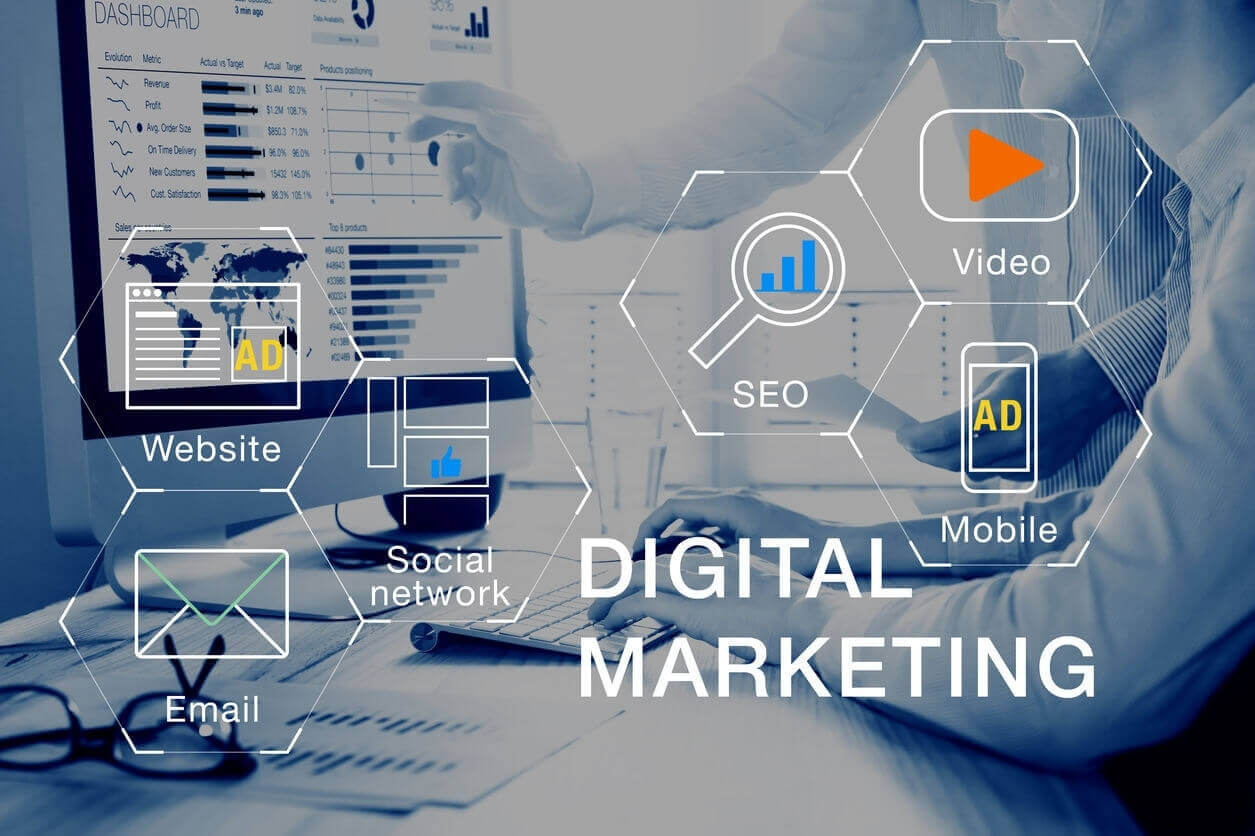Digital Marketing and E-commerce: A Symbiotic Relationship
The growth of e-commerce has been exponential in recent years, and digital marketing has played a crucial role in its success. E-commerce platforms rely on digital marketing to drive traffic, increase conversions, and build brand loyalty. At the same time, digital marketing strategies are tailored to the unique needs of e-commerce businesses. The synergy between the two has transformed the way consumers shop and businesses operate.
One of the main ways digital marketing benefits e-commerce is through paid advertising. Platforms like Google Ads and Facebook Ads allow e-commerce businesses to display their products to a highly targeted audience. For example, an online electronics store can target users who have shown an interest in electronics through their search history or online behavior. Paid advertising can increase the visibility of e-commerce products and drive immediate traffic to the website. It can also be used to promote special offers, discounts, and new product launches, attracting customers to make a purchase.

Content marketing is also essential for e-commerce in digital marketing. E-commerce businesses can create blog posts, product reviews, and buying guides to educate and engage their customers. For example, an online beauty store can write blog posts about skincare routines and product reviews of different beauty products. Content marketing helps build trust with customers and positions the e-commerce business as an authority in the industry. It also improves the website's search engine optimization, driving organic traffic and increasing conversions over time.
Social media marketing is a powerful tool for e-commerce. E-commerce businesses can use social media platforms to showcase their products, run contests and giveaways, and interact with their customers. For example, an online clothing store can post pictures of their latest fashion collections on Instagram and encourage followers to like, comment, and share. Social media marketing can create a community around the e-commerce brand, increasing brand awareness and loyalty. It can also be used to drive traffic to the e-commerce website through links and call-to-action buttons.
In conclusion, digital marketing and e-commerce are intertwined. E-commerce businesses that effectively use digital marketing strategies can thrive in the competitive online marketplace. By focusing on paid advertising, content marketing, and social media marketing, e-commerce businesses can increase their sales, build brand loyalty, and establish a strong online presence.